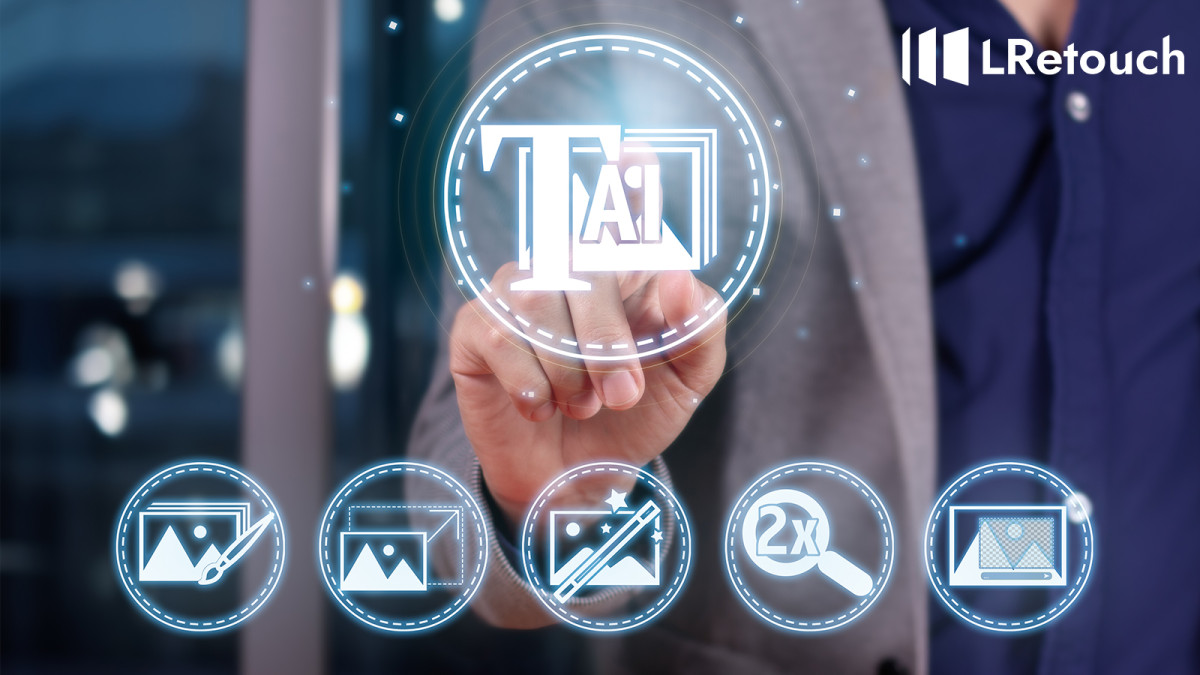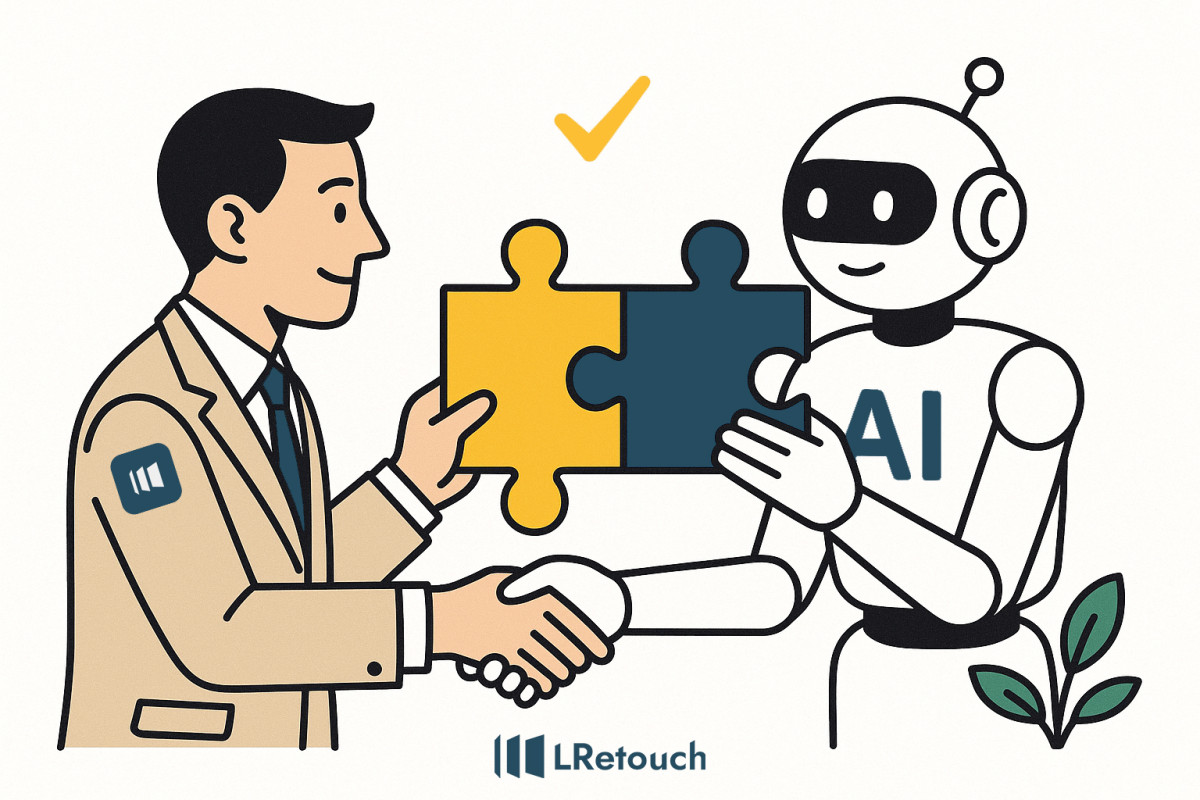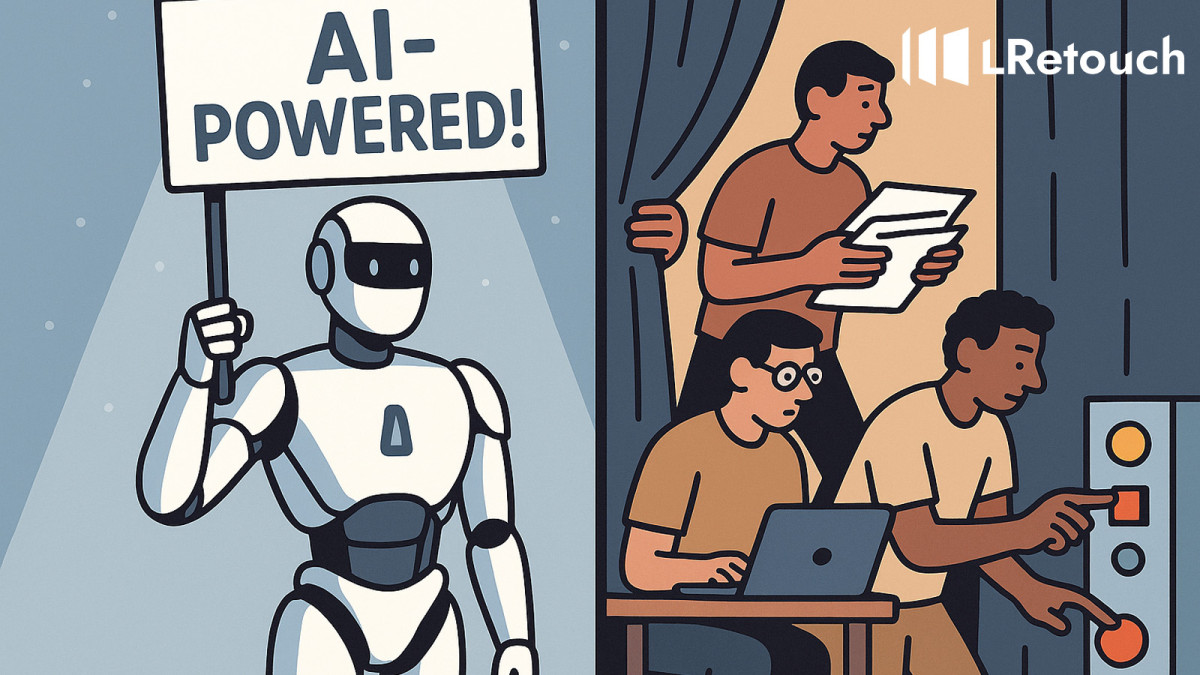Recently, the term “AI washing” has been making headlines. Featured on VTV and covered by the BBC, it describes the practice of companies exaggerating or fabricating their use of artificial intelligence to appear more advanced than they are.
Like “greenwashing” in environmental marketing, AI washing is about image over substance. A company might slap the label “AI-powered” on its services when in reality they:
- Use no AI at all.
- Overstate the effectiveness of simple tools.
- Add a chatbot to old products and rebrand them as “AI solutions.”
- Or—most concerning—rely on hidden human teams to do the work while claiming full automation.
A BBC-cited study found that 40% of startups advertising themselves as AI companies used little to no real AI at all. With “AI” being such a broad and often misunderstood term, misleading claims can go unnoticed—until the truth comes out, damaging trust, credibility, and real innovation.
My Experience Testing “AI” Editing Tools
A few weeks ago, I decided to test two “AI-powered” real estate photo editing platforms.
- Service A returned results in just two minutes—but the images were poor and underexposed.
- Service B delivered far better images—but each file took 7–10 minutes to process.
This raised an uncomfortable question: Was Service B truly AI-driven? Or was a team of human editors quietly working behind the scenes while the company marketed it as AI?
This is the core problem of AI washing—it blurs the line between true innovation and disguised outsourcing.
Why This Matters for Real Estate Editing
In real estate post-production, especially in Vietnam, only companies with serious infrastructure and expertise can integrate AI meaningfully. True AI requires:
- Robust infrastructure: advanced servers, data pipelines, and workflow mapping.
- Expert teams: senior engineers, experienced analysts, and years of trial-and-error refinement.
- Editorial integration: even the best AI tools automate only 40–50% of editing. Human editors are still needed for creative decisions, complex retouching, and quality control.
That’s why I’m skeptical whenever I hear claims that a single AI tool can “replace 100 editors overnight.” The reality is far more nuanced.

AI is a tool – not a magic replacement for humans.
The Bigger Picture
Overusing “AI” not only misleads customers and investors—it risks making the word meaningless. As one analyst warned, calling everything “AI-powered” could soon sound as empty as saying, “We’re on the internet.”
The U.S. Federal Trade Commission (FTC) has even cautioned that unsubstantiated AI claims may count as deceptive marketing. In other words: AI hype today could become a legal and reputational liability tomorrow.
LRetouch’s Perspective
At LRetouch, we see AI as a tool—not a disguise.
- AI handles repetitive tasks to improve efficiency and consistency.
- Editors bring the artistry—ensuring images match brand standards and client expectations.
- Workflow refinement helps us deliver faster turnaround without sacrificing quality.
Our promise is simple: no shortcuts, no false claims. Clients get the best of both worlds—the speed of AI where it works, and the creativity of human editors where it matters.
Final Thought
The real estate media industry is evolving fast, but hype should never replace honesty. AI is powerful, but it isn’t magic—and it cannot replace people. Companies that mislead with “fake AI” may grab short-term attention, but they risk long-term credibility.
The real future isn’t AI vs. humans—it’s AI + humans, working together to deliver real value.

AI + humans, working together to deliver real value.
What do you think: is AI truly reshaping real estate post-production, or is it being oversold?
If you’re interested in a broader view of how AI is shaping our industry, check out my earlier article: AI in Real Estate Visuals: Competition or Collaboration?

